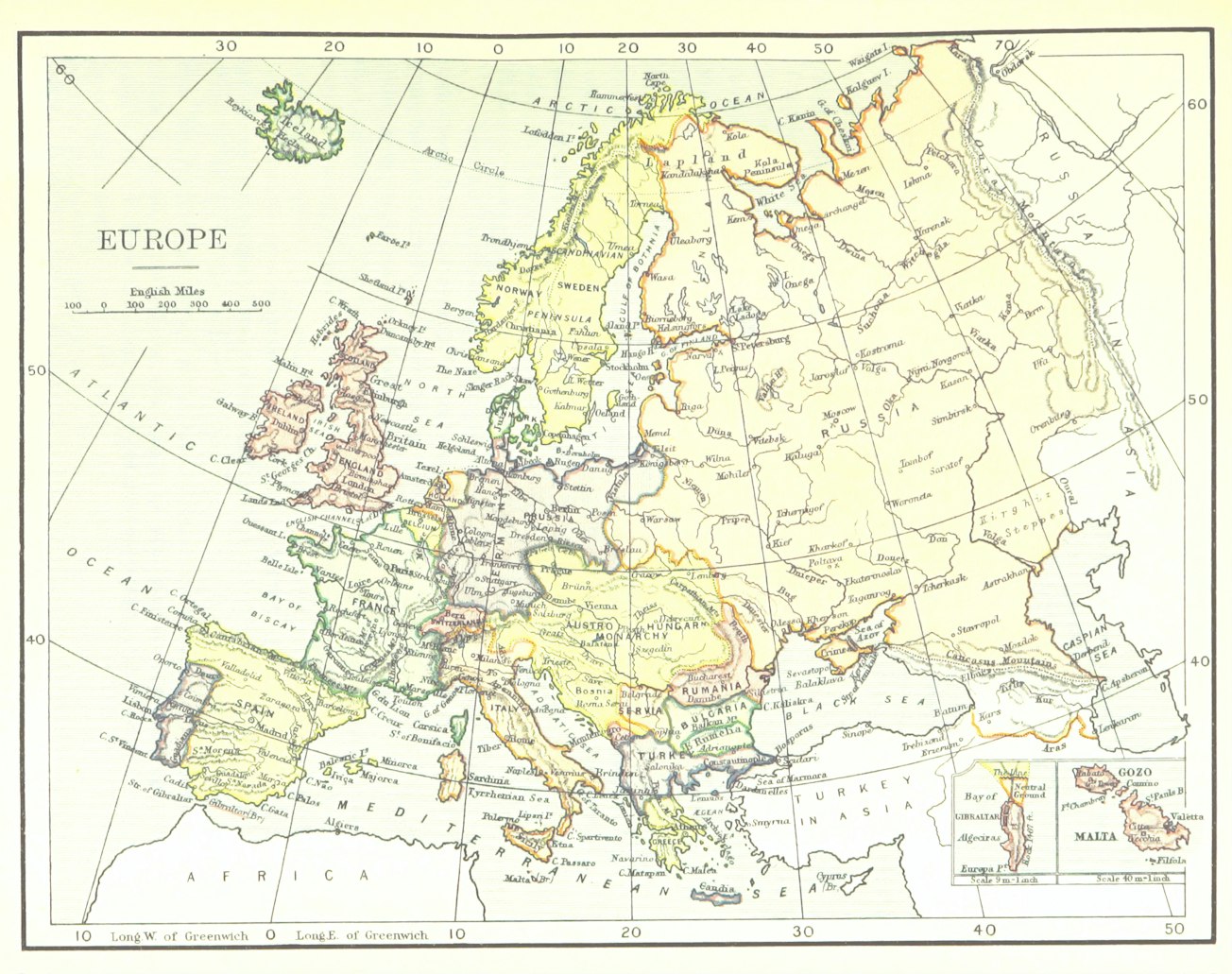What is it about?
Jan Schubert offers an approach to ideas on European unity via the life of the first general secretary of the World Council of Churches, dr. W.A. Visser 't Hooft. This article is a book review in English of his dissertation in German.
Featured Image

Photo by British Library on Unsplash
Why is it important?
European unity is most of the time considered from predominantly economic and self-centered points of view. Short term thinking on predominantly material benefits seem to carry most weight in political discussions. But to consider Europe a corner stone for durable peace was in the 20th century originally a value driven idea.
Perspectives
Although Schubert does not deliver a full biografical scope and fails to show why the ecumenical approach to Europe failed, he does present a very important perspective that is neglected in the present case many of Europe's advocates make. The refusal to appreciate Europe's religious roots degrades the effort of developing the European Union into a firm building block of justice and peace into a meagre short term perpsctive stumbling process of high random quality.
Jurjen Zeilstra
Protestantse Kerk
Read the Original
This page is a summary of: Willem Adolph Visser ’t Hooft (1900–1985). Ökumene und Europa, by Jan Schubert, Church History and Religious Culture, January 2018, Brill,
DOI: 10.1163/18712428-09802014.
You can read the full text:
Contributors
The following have contributed to this page










